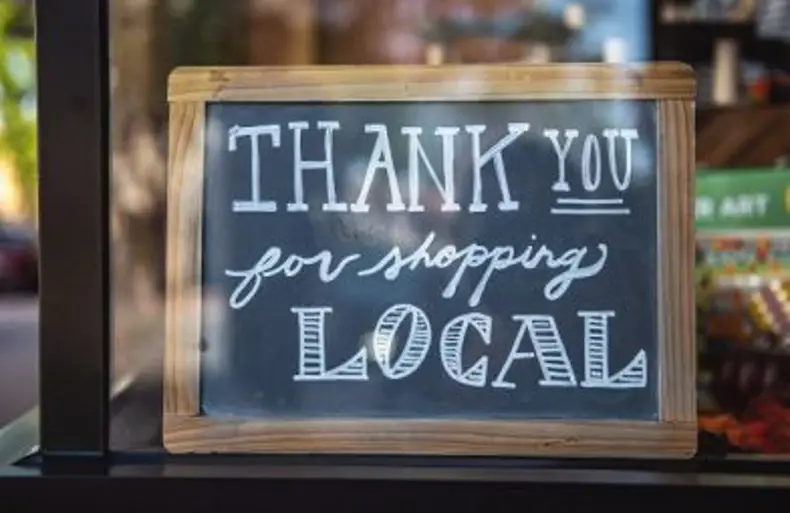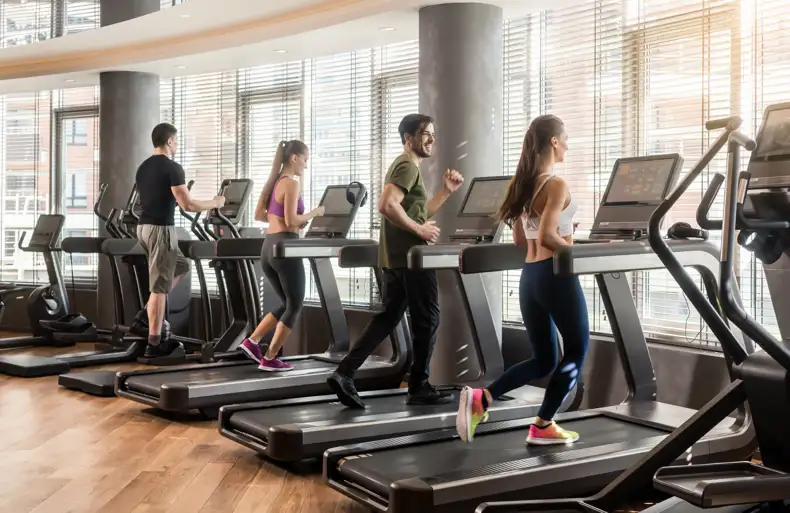After a stellar year for most convenience retailing, could 2021 potentially see the resurgence of the local retailer as the population prefers to support local shops? In April 2020, spending at local off-licences, greengrocers and convenience stores rose 40%, according to research by Deloitte. This same research reported that 46% of consumers are more motivated to support local businesses, with a greater sense of community spirit and resilience due to the crisis.
Following a change in consumer behaviours and routine due to the Covid 19 pandemic, research from the Retail Times shows that 65% of people in the UK now say they have a new found appreciation of their communities and local shops. Factors also contributing to this were convenience, less queuing than at bigger supermarkets and shorter travel time.

It comes as no secret that convenience store retailers were the most successful performers during the pandemic, so much so, that convenience store giant Spar, is looking for more units including those in neighbourhood centres and retail parades. But what about the smaller stores within these neighbourhood centres and retail parades?
Small local retailers, often private individuals, generally occupy smaller units and subsequently pay lower rents, whilst benefitting from being situated next to a convenience store anchor (Tesco Express, Sainsburys Local etc). These smaller stores have more affordable rents which are generally analysed and paid for on a monthly or weekly basis (rather than the traditional method of analysing on a per square foot basis).

During the pandemic local retailers were more likely to engage with landlords to try and establish a payment plan (pay monthly or weekly) or to consider removing a break option in exchange for a rent free period if they were struggling with rental payments. Arrangements to continue to trade in non-traditional ways have also been offered by local retailers which has brought the personal touch back including offering a click and collect or click/phone and deliver service to expand their offering to local communities and shielding residents.
However, some local retailers that have been able to remain open and trading during the pandemic have seen a huge increase in demand for their goods or trade, to the extent that they have taken on additional accommodation within the same parade. Recent examples of this were in two local retail parades that we value for our client; one in Essex and a larger parade in West Yorkshire. Both properties had units within them where an existing private individual tenant expanded into another unit as trade had increased in both locations as a result of the stay local guidance.
Many of these shops have also benefitted from a Business Rates holiday (Expanded Retail Discount) that was announced by the Chancellor on 11 March 2020, therefore reducing costs and helping them to stay open and operate. On March 3 2021 the Chancellor announced the Business rates holiday for eligible retail in England to continue until June 2021, and from 1 July 2021 to 31 March 2022 the Expanded Retail Discount would apply at 66% relief for eligible properties in the scheme.
While offices are beginning to re-open many office workers will not be ‘in the office’ on a full time basis and will continue to work from home one to two days a week therefore being able to support local businesses more than ever before.

From an investment perspective we are witnessing a sharpening of yields in response to the flight to this sector. Compared to High Street retail units, local parades are rarely over-rented due to their rent based on affordability and there is increasingly little disparity in covenant strengths between local and high street retailers. Local retail is therefore providing investors with a more secure and sustainable income compared to other parts of the retail market.
Despite 2020 being an uncertain year for many markets, the future looks bright for independent shops and retailers. Looking further ahead into 2021 and combining the new normal of shopping little and often, the working from home and office hybrid, and with increased positive community loyalty; it appears that shop local is here to stay.




